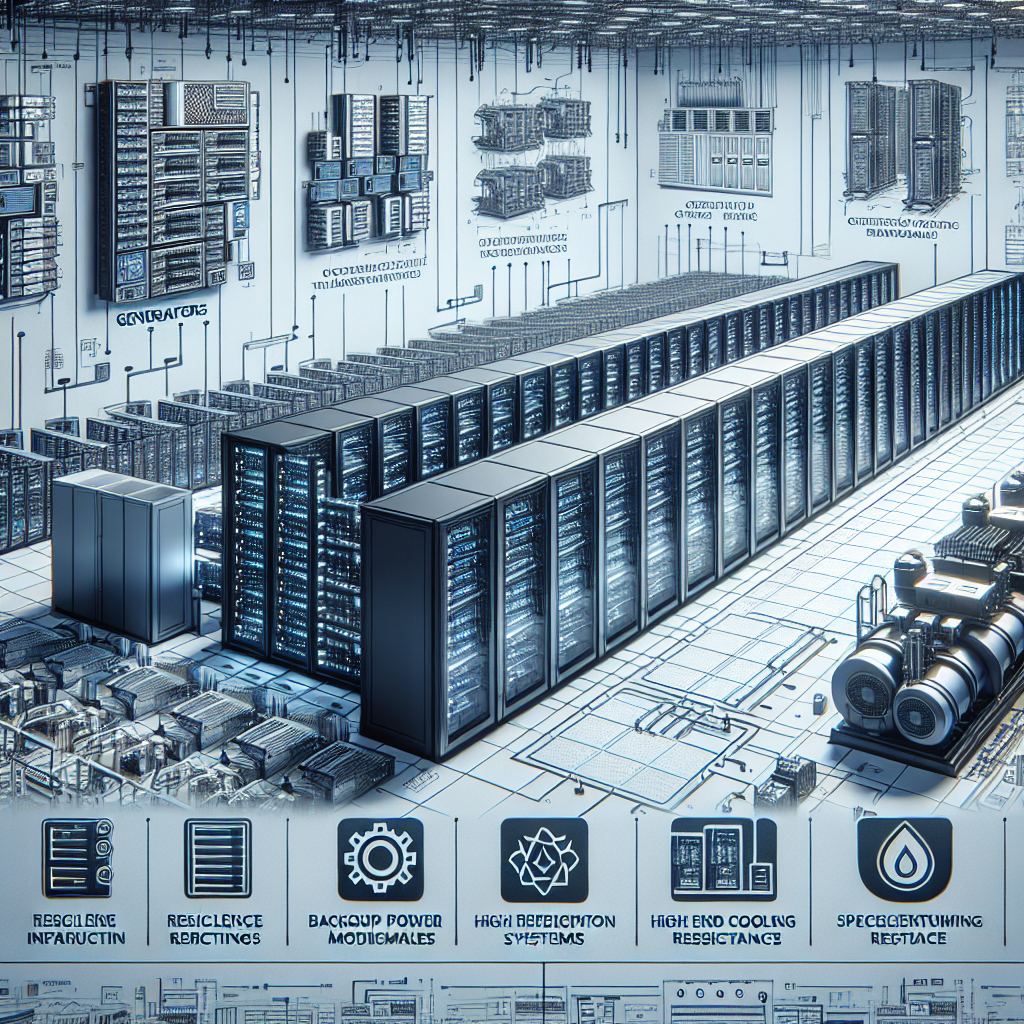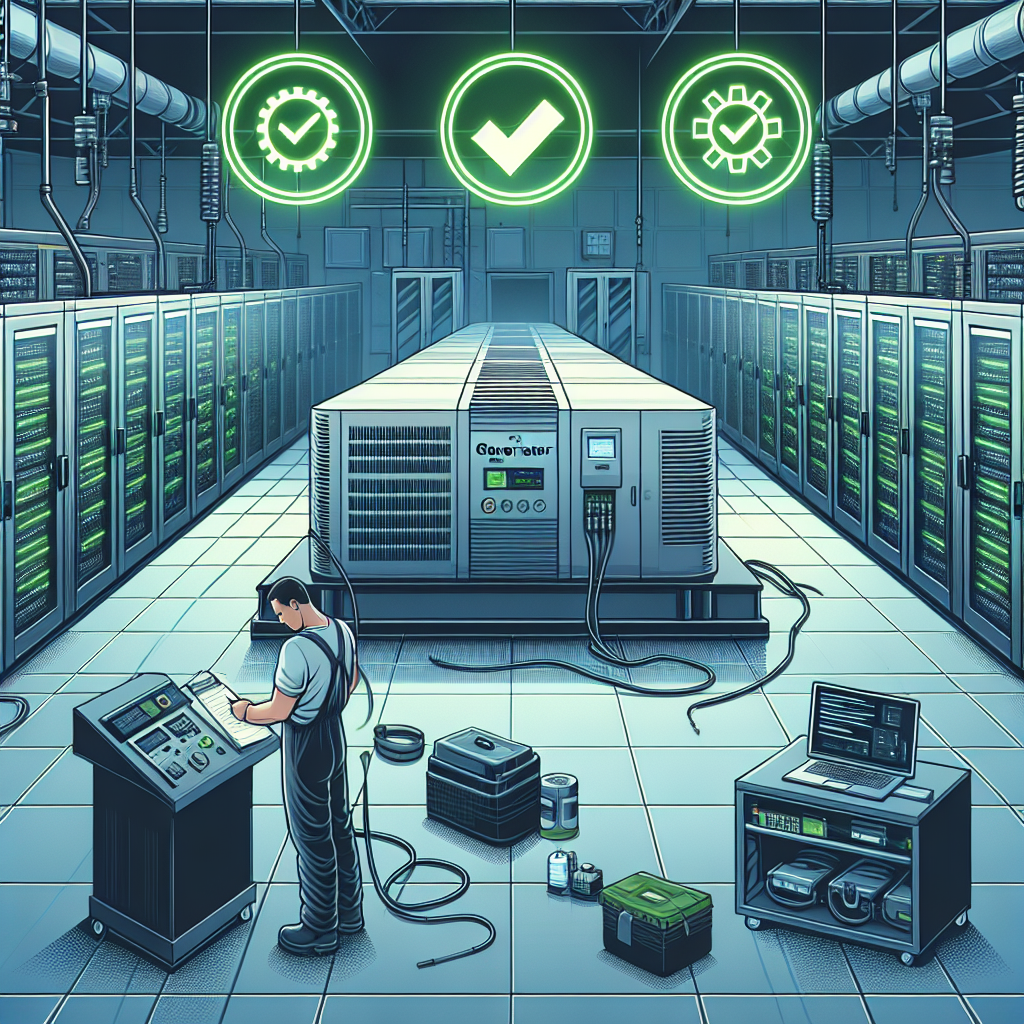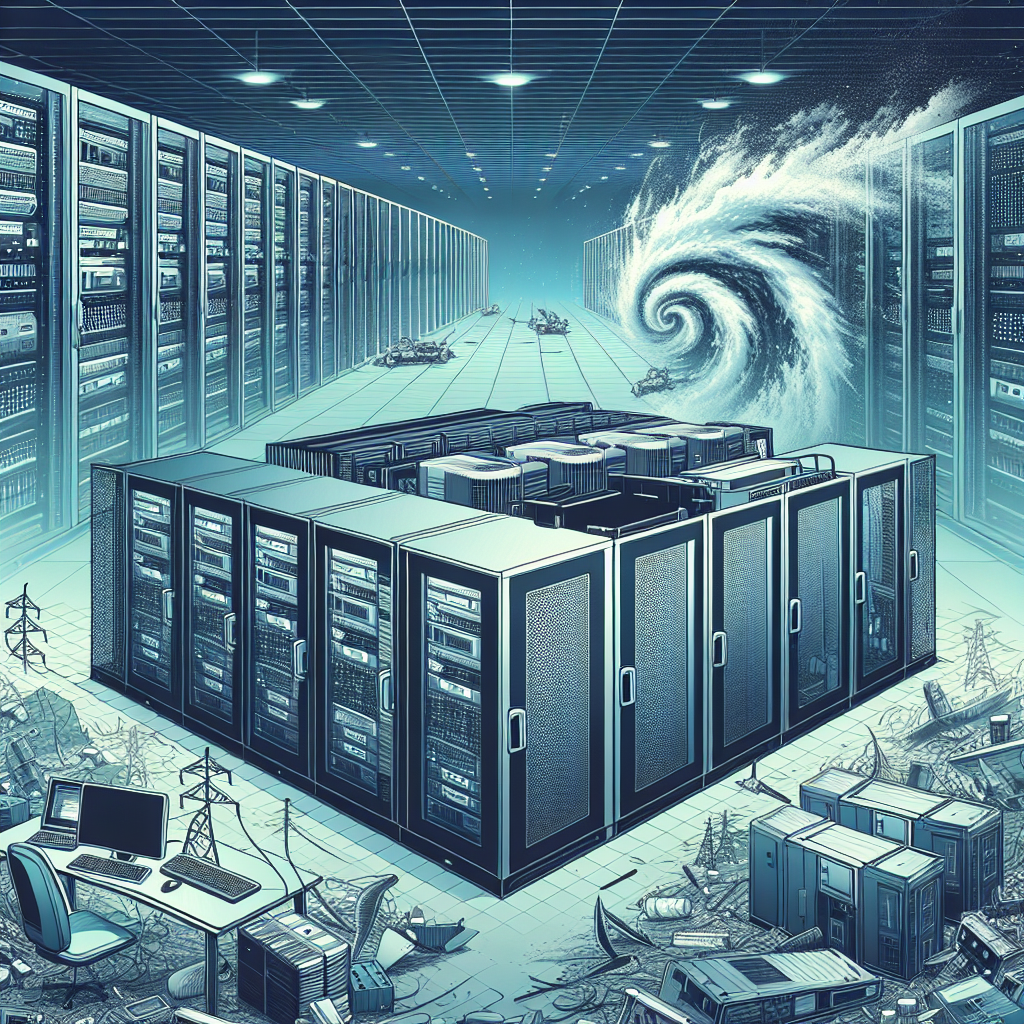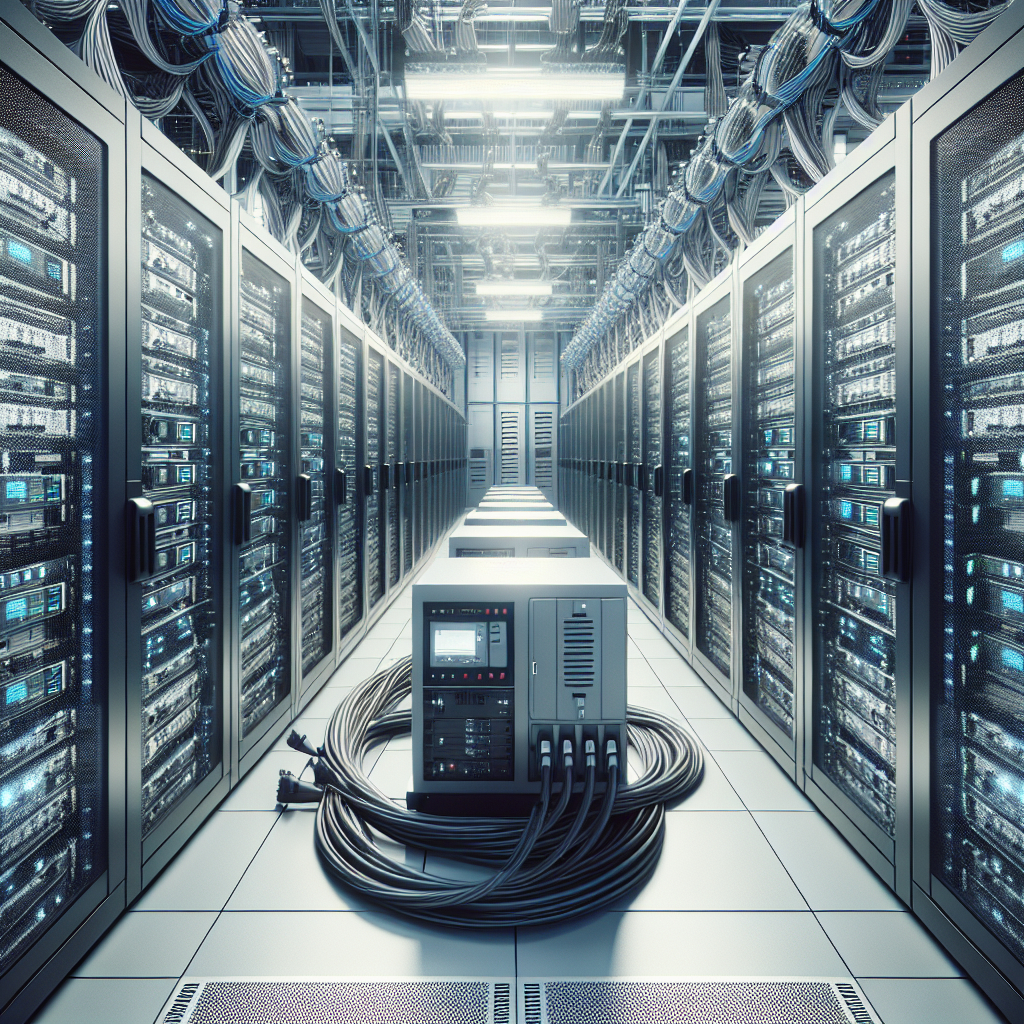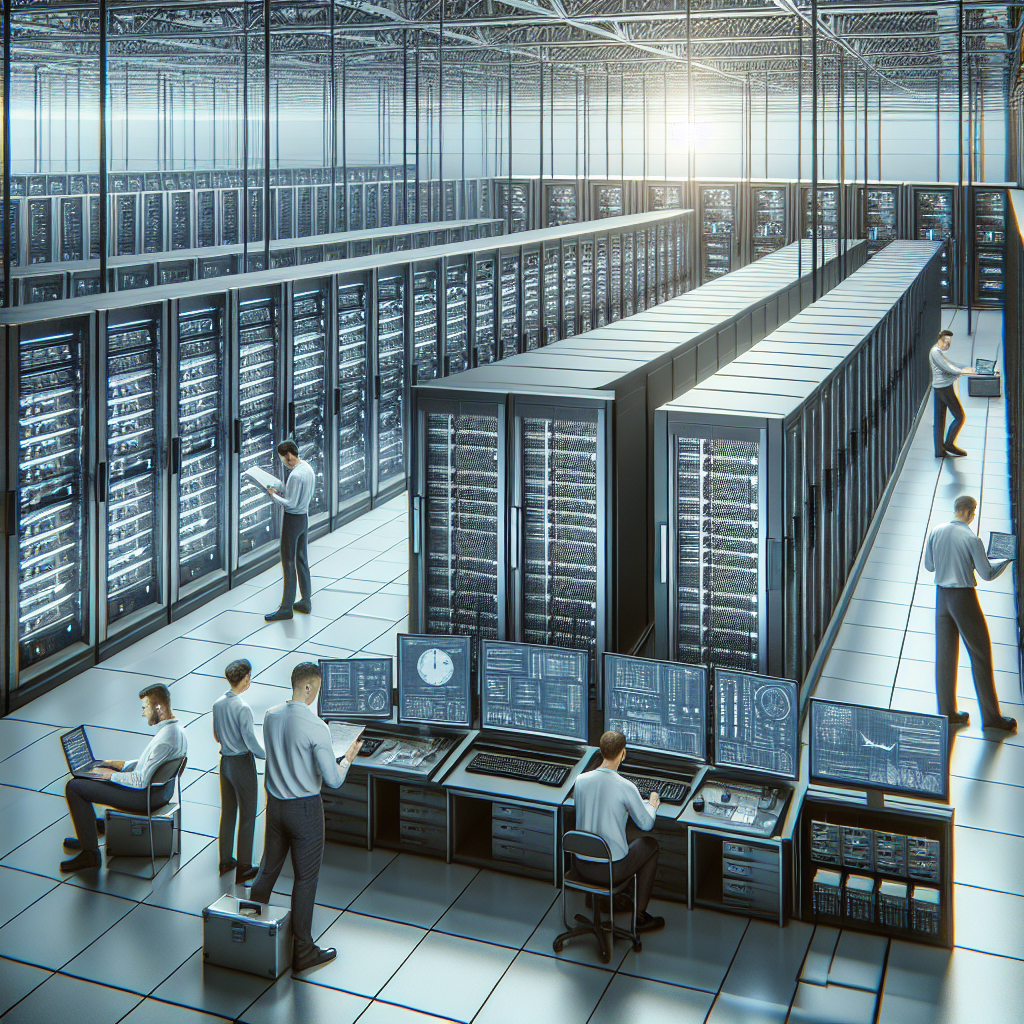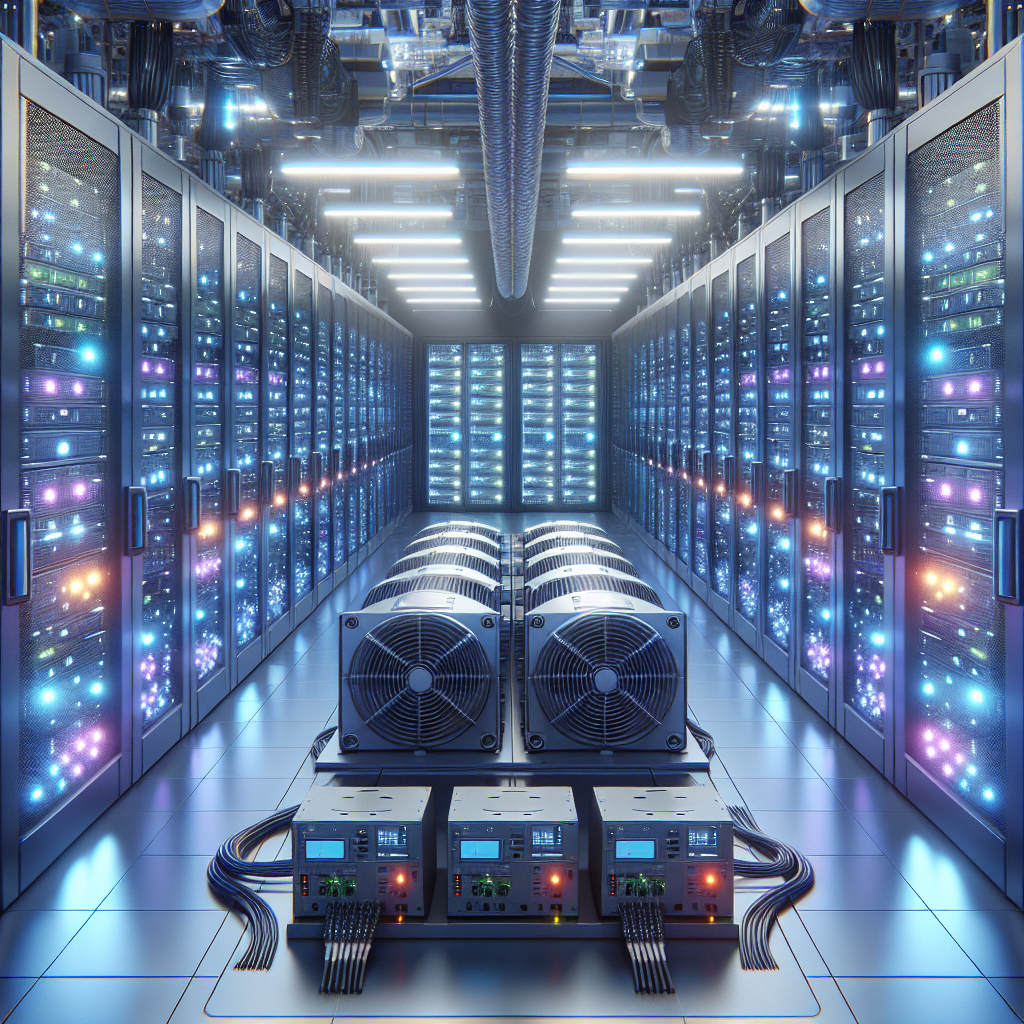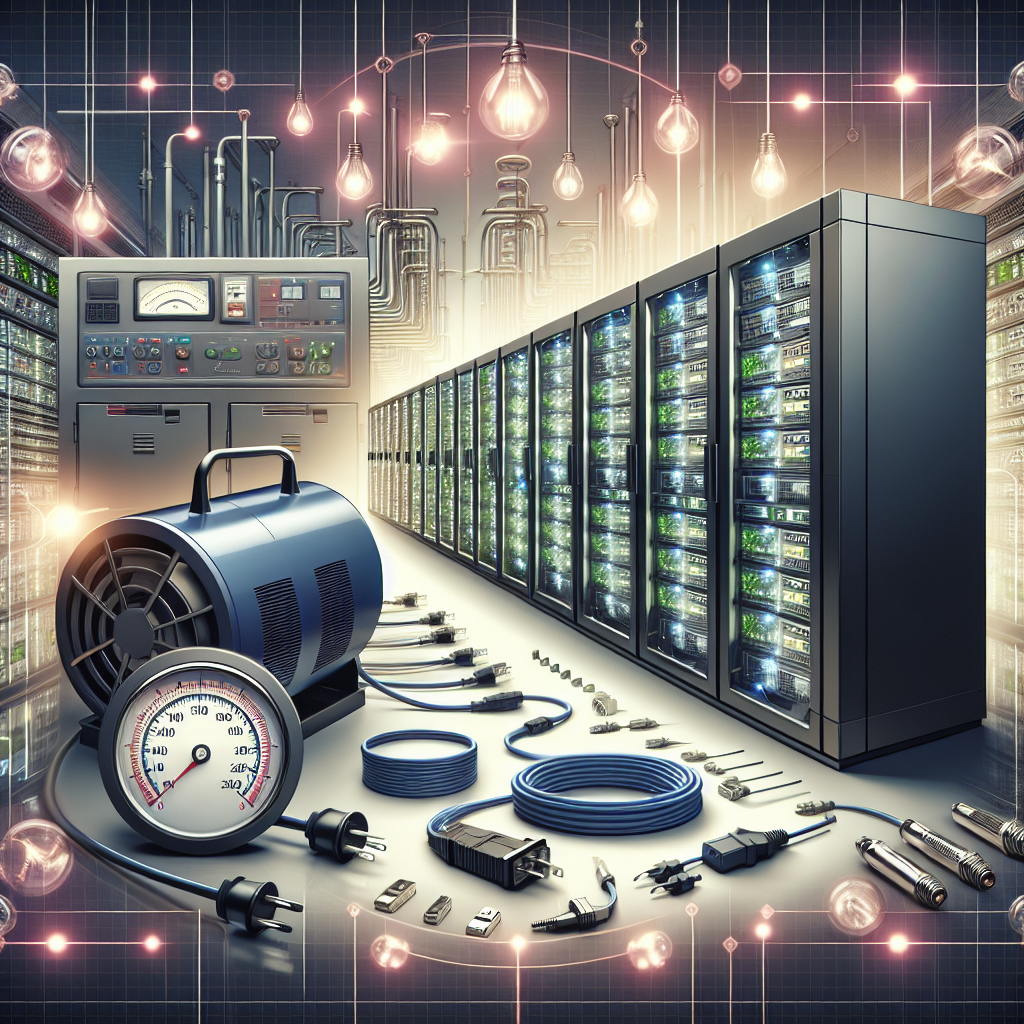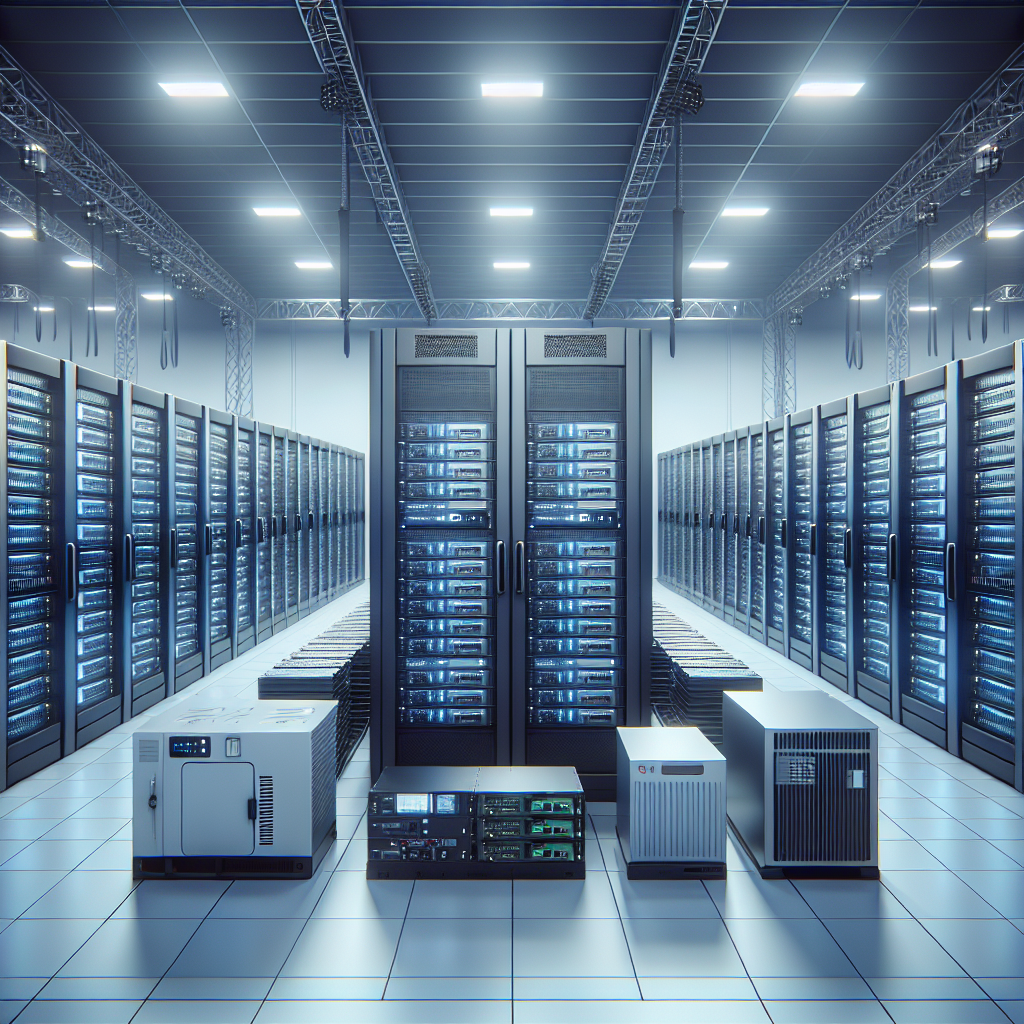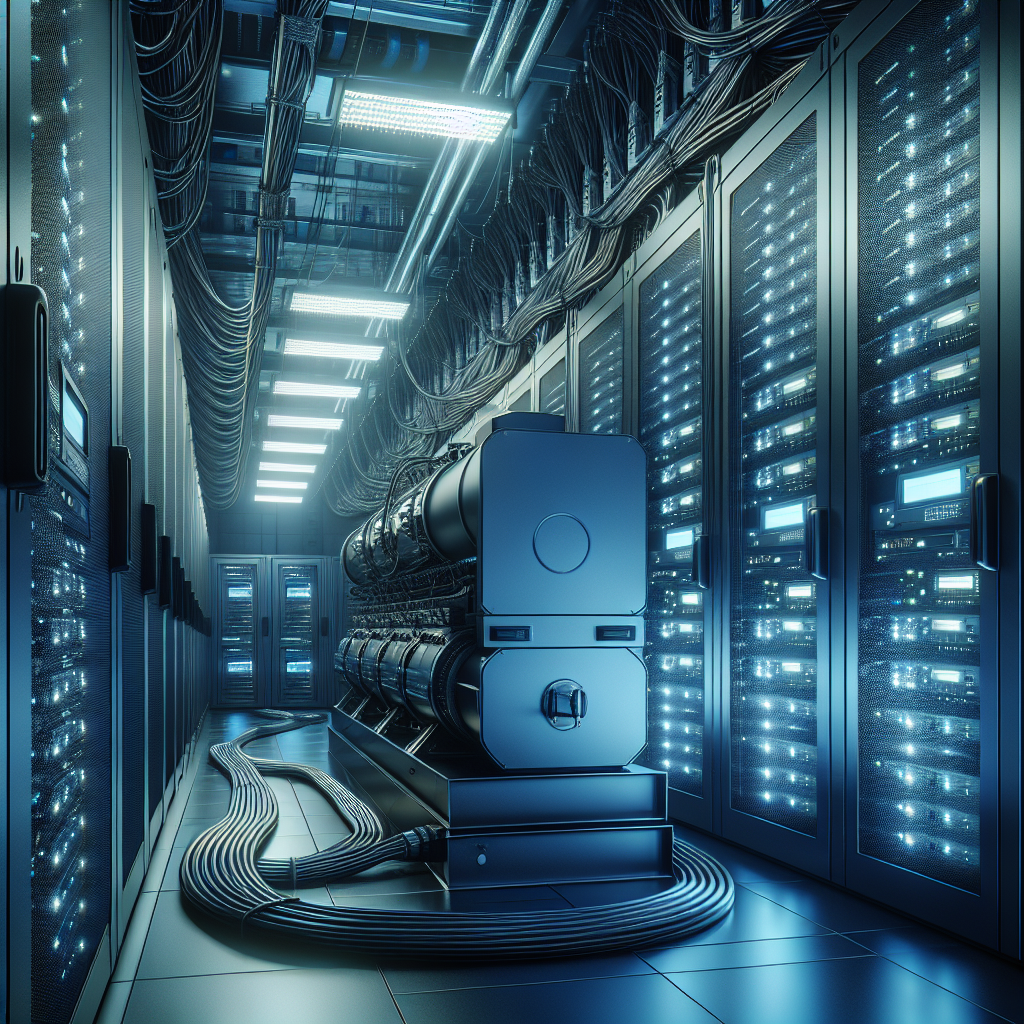In today’s digital age, data centers play a crucial role in storing and managing vast amounts of information for businesses and individuals alike. With the increasing reliance on data centers for various operations, ensuring their resilience and availability has become a top priority for organizations.
One key component of data center resilience is the use of generators. These backup power sources are essential for maintaining operations in the event of a power outage or other electrical failure. Understanding the role of generators in data center resilience is crucial for ensuring uninterrupted service and preventing costly downtime.
Generators are typically used as a secondary power source in data centers, providing backup electricity to critical systems in the event of a power failure. They are usually powered by diesel fuel, natural gas, or other forms of fuel, and can be started automatically or manually when the primary power source fails.
In addition to providing backup power during outages, generators also play a key role in load testing and maintenance of electrical systems in data centers. Regular testing and maintenance of generators help ensure their reliability and efficiency in times of need.
Generators are typically sized according to the specific power requirements of the data center, taking into account factors such as the size of the facility, the number of servers and equipment, and the power consumption of critical systems. Proper sizing and installation of generators are crucial for ensuring they can effectively support the data center during emergencies.
In order to maximize the resilience of data centers, organizations should have a comprehensive backup power strategy in place that includes generators as a key component. This strategy should also include provisions for fuel storage, regular maintenance, and testing of generators to ensure their readiness in case of an emergency.
Overall, generators play a critical role in data center resilience by providing backup power during outages and ensuring the continuous operation of critical systems. Understanding the importance of generators in data center resilience and implementing a comprehensive backup power strategy can help organizations minimize downtime, protect valuable data, and maintain the reliability of their operations.
